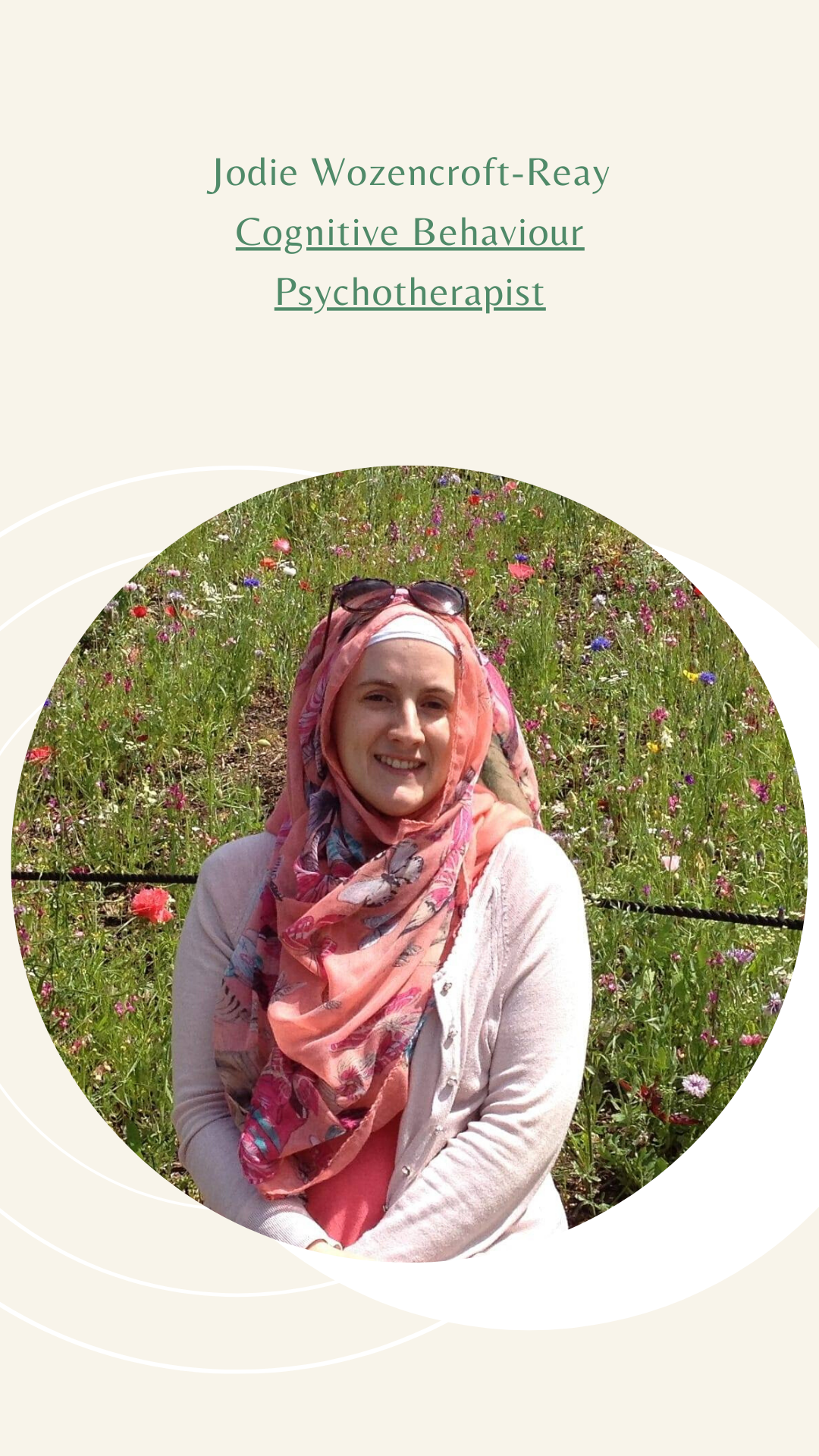NATs or Nafs, what exactly are they?
- Jodie Wozencroft-Reay

- Oct 24, 2020
- 2 min read
Updated: Jan 14, 2021

Imam Ja’far al‑Sadiq (a) said: “The Prophet (s) of God dispatched a contingent of the army (to the battlefront). Upon their (successful) return, he (s) said: ‘Blessed are those who have performed the minor jihad and have yet to perform the major jihad.’ When asked, ‘What is the major jihad?’ the Prophet (s) replied: ‘The jihad of the self (struggle against self)’”.
[Al-Majlisi, Bihar al-Anwar, vol. 19, p. 182, hadith no. 31]
Nafs are part of the Islamic model of self. They’re our animal drives, our temptations, and they can lead us to sin if we don’t keep a rein on them. This is one of our major jihads in this life. A part of the struggle of being human is to remain accountable and responsible of our own desires and drives.
NATs in cognitive behaviour therapy (CBT) stands for “Negative automatic thoughts”. They are like all other thoughts in that they pop into our minds without any planning or intention. Often if they are negative, they can make us feel some strong emotions.
Abu Huraira reported: The Messenger of Allah, peace and blessings be upon him, said, “The strong are not those who defeat people. Rather, the strong are those who defeat their ego.”
[Source: Mushkil al-Āthār 1426]

The job of the aql (intellect) is to manage our nafs, or ego. To keep it reined in and remain responsible for ourselves and our actions. If we become preoccupated by NATS, our aql has a hard time managing the nafs because it’s busy focusing on NATS. This is why it’s so important to learn skills and ways of managing NATs if they are a problem for you.

Try this…
1. Notice the thought e.g. “No one likes me”
2. Notice how you feel, where you feel it in your body e.g. sad, lonely, in the pit of my stomach, in my body as it feels slowed down
3. Ask yourself why might it be making you feel this way, what’s this really about? E.g. I don’t think I’m accepted by others
4. Now notice yourself doing all this noticing, be open and curious
5. You are not your thoughts, they are merely a part of our experiences
6. What is the evidence for this thought? Evidence isn’t a feeling, it’s a fact. Do you have any facts to support the negativity of this thought? E.g. I worry that people don’t like me, but I do have friends and no one is mean or rude to me…maybe I’m more accepted than I think




Comments